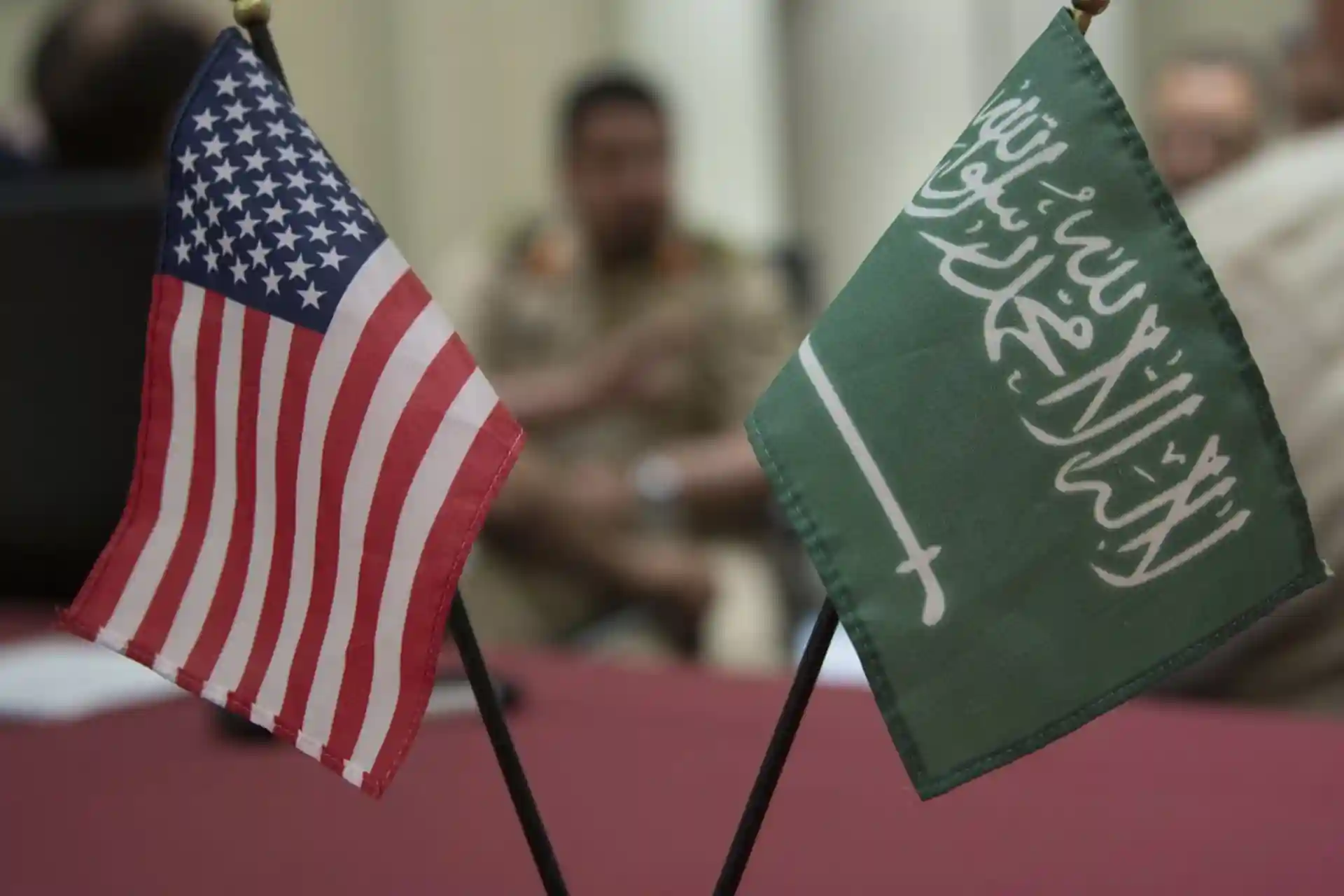Saudi Arabia faced a difficult choice
While Saudi Arabia can take comfort from the UAE and Bahrain that have normalized relations with Israel and have nothing to lose, on the other hand, the Kingdom is well aware that it will inevitably lose a lot of prestige in the Muslim world. Taking into account these aspects, he agreed to normalize relations between Israel on the condition of recognizing the independence of Palestine.
gggggggggggggggggggggggggggg
Before Hamas attacked Israel on October 7, Saudi Arabia was conducting important negotiations to protect itself from Iranian aggression and to come under the full protection of the United States. An analysis of the Black Sea Strategy Institute ( BSSI ) was announced about this .
According to him, Saudi Arabia should have recognized Israel, and the United States should have sold a large amount of weapons to Riyadh and started the full cycle of its nuclear program. However, the situation in Gaza has frozen the talks, leaving Saudi Arabia with two "dangerous" choices.
The United States was willing to enter into a military agreement if Israel was recognized by Saudi Arabia and diplomatic relations were established between them.
Saudi Arabia, on the one hand, saw the example of the UAE and Bahrain, which normalized relations with Israel and had nothing to lose. On the other hand, the Kingdom, knowing well that it is not a dwarf state of the Persian Gulf and that it will inevitably lose its great prestige in the Muslim world, agreed in advance to normalize relations with Israel and set the condition of recognizing the independence of Palestine .
These negotiations were going on slowly, but the events of October 7 happened. Israel's response in the form of an all-out war in Gaza , which has killed tens of thousands of Palestinians and is still ongoing, forced Saudi Arabia to freeze all negotiations and oppose the war in Gaza.
And then there was the April incident involving the consulate in Damascus, and Iran's belated response to that ended in vain. One of the reasons for this failure was Saudi Arabia, which behind the scenes provided Israel with valuable intelligence information that greatly helped Israel thwart the Iranian strike.
Tehran has vowed to retaliate, officially announcing that it has "taken to account" anyone who helped Israel retaliate against Iran.
It is this threat that has now "frozen" talks between the US and Saudi Arabia, but has left the Kingdom with a difficult choice, "both worse".
About 16 percent of Saudi Arabia's indigenous population (one-sixth) are Shiites, who are considered pro-Iranian, and this sentiment has not disappeared amid regular executions of religious leaders. Such a percentage of the population is enough to destabilize the country, and Saudi Arabia is currently avoiding this problem by keeping the Shiites away from the army and intelligence services, and not allowing them to create a lobby in the royal house of Saud.
At the moment, the percentage of Shiite population in Syria, Lebanon and other countries, which have already become Iran's "provinces" and where the "Khomeini" project is being implemented, is even smaller. Without US protection, Saudi Arabia, a semi-artificial state created in 1932 , may not be able to withstand a concerted Shia attack, especially if some Sunnis in the Arab world support Iran rather than Saudi Arabia.
But if Saudi Arabia accepts US protection in exchange for recognizing Israel under certain conditions, it will inevitably come under the eyes of Muslims around the world - and there will be those who remember the violent annexation of the holy cities of Mecca and Medina in 1925. And internal discontent within the Saud family, although dormant, maintains a centrifugal tendency.
So far, the kingdom has indicated its willingness to return to talks with a new additional condition - an immediate end to the war in Gaza - which Israel will certainly not agree to.
The situation of Saudi Arabia, which has become an object of long-term politics and is between the choice between "losing to Iran and being alone" or "recognizing Israel and being ashamed", has already significantly reduced the status of the Kingdom in the world arena , but the negotiations are unlikely to end yet.



